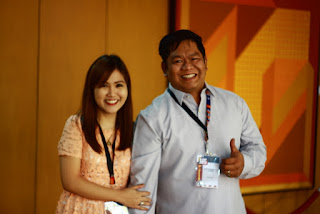Reading is the most important skill that a learner should develop at a very young age. Reading is acquired as culture is developed. Reading is a socio-cultural equalizer.
Definitely, the Filipino reader has a place in the ASEAN community only if he knows his culture and history very well.
One role that books and libraries play in this era is the preservation, conservation and promotion of our rich historical and cultural heritage as Filipinos. Through the books we read, we learn our customs and traditions, our history and culture, and language and literature. Through the books we read, we learn our identity as a Filipino and hopefully become proud of who we are as a nation.
It is also the role of libraries to promote good books that instill the sense of nationalism and patrimony to every reader. It is the role of libraries to promote our story and history as a nation through the books that these libraries acquire.
The need to be grounded on our national history, culture and identity cannot be dispensed with. We should aim to continuously discover our history, learn our traditions and appreciate our culture and heritage through reading so that our national identity will not be lost in the integration of cultures.
It is then imperative that the primary focus of our reading culture should give preferential attention to our national identity amidst foreign influences.
The celebration of the National Book Week is an opportunity where readers and writers can be gathered, where students, teachers and librarians can be united, and where other stakeholders can converge in one shared purpose: to instill into the young Filipino learners the love for books and reading towards producing independent leaders and lifelong learners.
As one Filipino people, let us be united in our efforts to promote good books and the joy of reading. Happy 81st National Book Week! Happy reading!



























